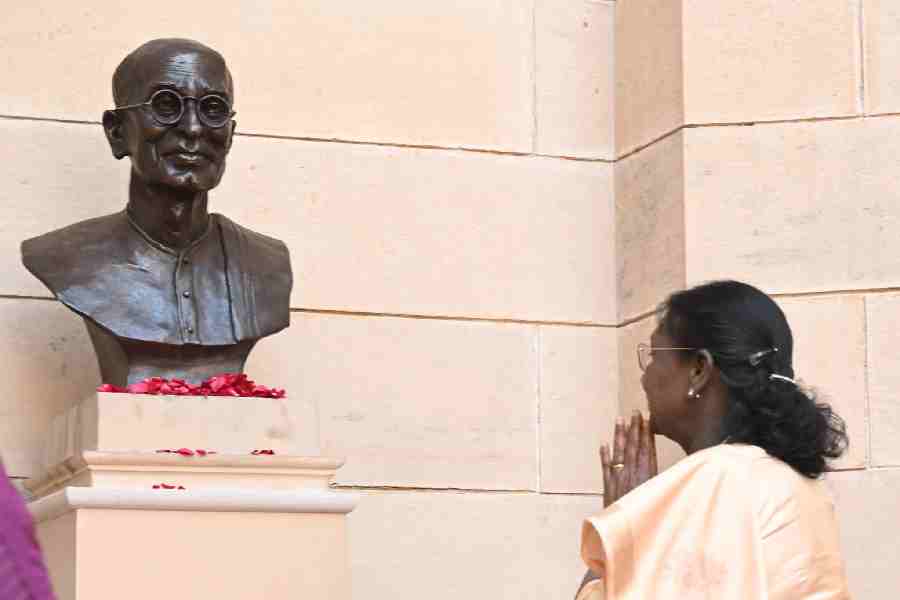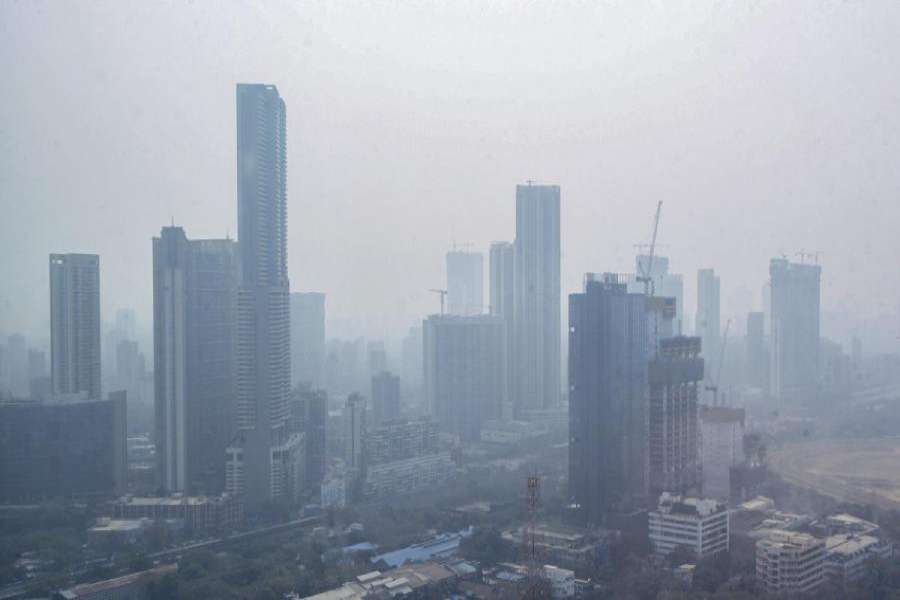The Bar Council of India has announced a three-year moratorium countrywide on the opening of new law colleges and the introduction of fresh courses in the existing law colleges, expressing concern at the declining quality of legal education.
The BCI, the country’s apex regulator for legal education and lawyers, has framed and approved the Rules of Legal Education, Moratorium (Three-Year Moratorium), 2025.
"The Council has taken this step to arrest the decline in quality across segments of legal education, evidenced by the unchecked mushrooming of substandard institutions, routine issuance of NOCs (no-objection certificates) by state government(s) and affiliations by universities without proper inspection, and to prevent the commercialisation of legal education, widespread academic malpractice, and persistent shortages of qualified faculty," BCI principal secretary Srimanto Sen said in a statement.
"With around 2,000 centres of legal education already operating, the BCI believes the country’s institutional capacity is adequate, (and) the focus must shift to consolidation, quality enhancement, and systemic strengthening in the public interest and in furtherance of constitutional commitments."
However, in the interest of equity and access, the moratorium provides for narrowly tailored exceptions, the BCI said.
"These include proposals dedicated exclusively to socially and educationally backward classes, Scheduled Castes, Scheduled Tribes, and Economically Weaker Sections; proposals in remote, tribal or aspirational districts notified by the competent authorities; courses designed solely for persons with disabilities; and proposals of state or central universities created by statute or specifically recommended by the competent ministries," it said.
"All such proposals must satisfy strict conditions, including valid NOCs, prior university affiliations, demonstrated infrastructure and faculty strength, and compliance with need-based establishment under the Rules of Legal Education."
Certain safeguards have also been specified. Centres with only conditional approval that have not yet started operating will not start operating during the moratorium unless they meet the requirements under the Rules of Legal Education and receive express clearance from the BCI. Pending applications that have been processed through the prescribed stages remain eligible for consideration.
During the moratorium, the existing centres of legal education will be subject to intensified inspections and compliance audits. The BCI may order the closure or de-recognition of institutions that fail to maintain the prescribed standards.
To ensure compliance and protect students, the Regulation specifies the consequences for violations, including the withdrawal of BCI approval or recognition, de-recognition of degrees issued in contravention of the Rules, ineligibility of graduates for enrolment under Section 24 of the Advocates Act, 1961, and the initiation of disciplinary, civil and criminal proceedings against offending institutions and authorities.
The BCI will review the Regulation's operation and impact annually and may extend, modify, or repeal it based on the evolving circumstances and policy considerations, with the aim of continuously improving and safeguarding standards of legal education, the statement said.
"For clarity, the regulation overrides and supersedes any conflicting resolutions, circulars, notifications or prior decisions issued by the BCI or any other authority relating to legal education," it said.
"This declaration of policy intent affirms that the moratorium is aimed at elevating and protecting standards of legal education, preserving the dignity of the legal profession, and reinforcing public trust in the justice system, while ensuring inclusivity in keeping with constitutional mandates."










